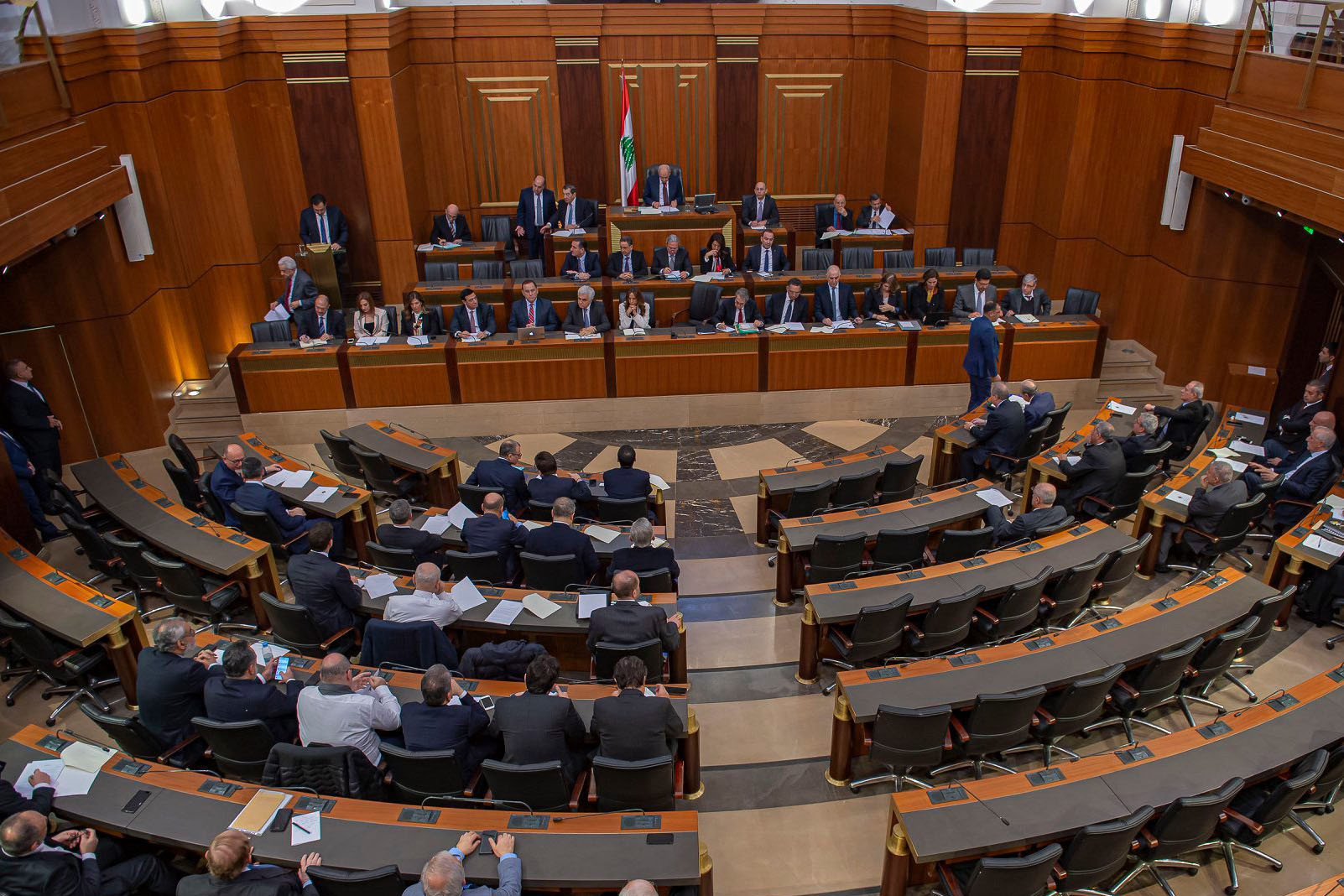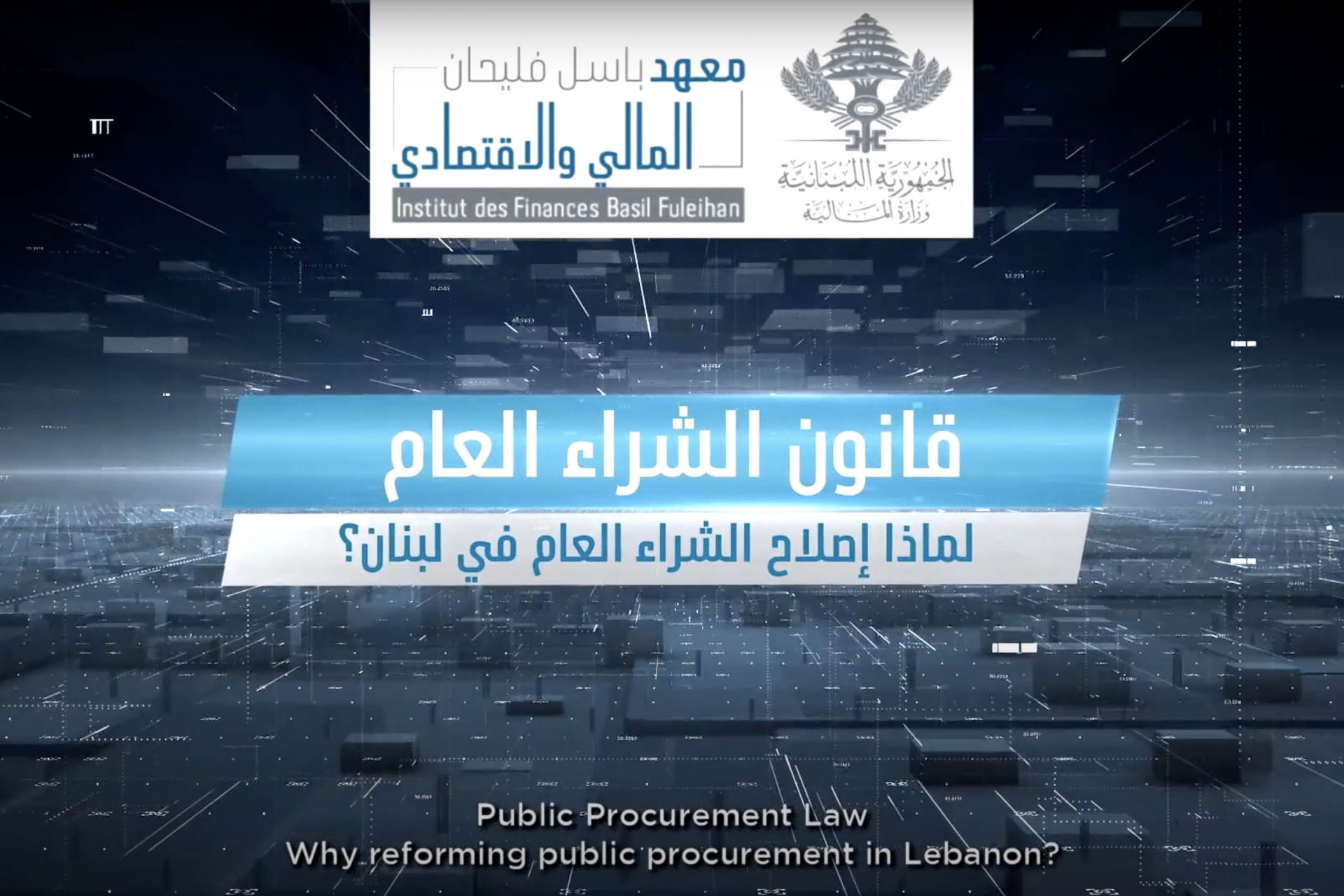While the Lebanese Government has engaged to fight corruption and control public spending, the General Secretariat of the Council of Ministers issued a decision on 26 June 2019 rejecting a request for information presented by Kulluna Irada and The Legal Agenda in relation to power production plants. This decision came as an official Government withdrawal from its commitment to implement the Access to Information Law which is a main pillar of transparency and accountability. The rejection of the request for information was not only justified in relation to the request itself but also based on the argument that the Access to Information Law is not enforceable before an implementation decree is issued and a national anti-corruption committee is appointed.
Such a breach of the Access to Information Law is certainly not the first of its kind, nor is it specific to the General Secretariat of the Council of Ministers; there are almost more administrations who breach the law than ones who implement it as they should, as revealed by the reports of legal rights organizations such as the report issued by the Gherbal Initiative in 2018.
Nonetheless, we find this decision to be a particularly dangerous precedent for many reasons, mainly:
1. The nature of the information to which access was denied: the decision reiterates the Government’s position to refrain from publishing its decision regarding the approval of converting the contract signed with an electricity production company from its current nature to a long-term power purchasing agreement, which implicates expenditures of hundreds of millions of US Dollars on the treasury for a period of 20 years, without any transparency around the adjudication procedure, the identity of the contractor or the value of the contract.
2. It was issued by a high-level public authority, which is supposed to lead by example and let other public administrations follow its footsteps in applying the law. From this angle, the decision in question appears as a circular or a “mot d’ordre” which aims at discouraging all public administrations from responding to requests of access to information without embarrassment. Indeed, how could any administrative authority be blamed for breaching the law, when the General Secretariat of the Council of Ministers has declared that this law cannot be implemented?
3. It represents a retraction of previous positions of the Government which had gone as far as using this law as a token of its serious commitment to fighting corruption in many international fora. The most recent example is the report issued on 15 January 2018 on the International Convention on the Elimination of All Forms of Racial Discrimination which mentions five times that the law has come into force and wherein the Government announces the creation of a website to accompany its implementation, which later turned out not to be in function.
4. It represents an ultra vires act especially by interpreting the laws in a manner that leads to exempting the Government and public administrations from legal and international boundaries and engagements. And this is what appears from the clear disfiguration of the content of the law which serves this purpose: on one hand, the decision states that the law is conditioned on the issuance of implementation decrees, while the truth is the law only gave the government the possibility of issuing such decrees “when necessary” without this being in any case a condition to its entry into force. This is confirmed by the legal opinions of the Legislation and Consultations Committee (NO. 441/2017 and No. 951/2018). The aim of such implementation decrees is indeed to facilitate the execution of this law, without their absence being in any case an impediment to its entry into force. And on the other hand, the decision also found it impossible to implement the law without a decree determining the administrative fee required to deliver copies of requested documents. This argument does not stand in view of Article 18 of the law, which expressly stipulates that access to documents is free in case they are consulted on location or sent by email, and that in case they are photocopied, the fee should not exceed the photocopying cost, without giving the administration any margin of appreciation in that regard. Not fixing a fee is thus not an obstacle to applying the law in any of these cases.
We finally note in this regard that all these justifications, even if valid, mean that the Government refuses to implement the law because it hasn’t issued its implementation procedures although two years and a half have already passed since its adoption. And we thus call upon the Government not to take its shortcomings as a justification to run away from its responsibilities towards its citizens.
5. Finally, the decision reflects an inclination to reinstate the administrative tradition of preserving the secrecy of administrative acts and practically deprive citizens and non-governmental organizations from the possibility of participating in anti-corruption efforts, contrary to Article 13 of the Convention against Corruption through which the State committed to encourage them to uncover corruption and participate in fighting it, and which was applied by the Lebanese courts on more than one occasion. And what is most dangerous about this retraction is that it comes at a time of an economic and financial crisis where the Government is making big efforts to convince donors and lenders of its credibility in fighting corruption and putting a halt to it, in order to preserve the chances of the Lebanese society to overcome this crisis.
Given the gravity of this issue,
And after we (Kulluna Irada and Legal Agenda) filed a claim on 14 August registered under number 23815 requesting the invalidation of this decision on grounds of ultra vires,
We call for the following:
First, we call upon the Government to reaffirm in a clear and unequivocal statement its moral and constitutional commitment to apply the Access to Information Law, and to issue a circular to all public administrations instructing them to apply it;
Second, we call upon the State Council to play its role in instating the rule of law and guaranteeing the rights and freedoms of the citizens and their role in fighting the rampant corruption our State is facing, by invalidating this decision;
Third, we call upon Parliament to launch an investigation around the refusal of the public administration to execute its anti-corruption laws, and to issue the law establishing the anti-corruption committee without delay;
Fourth, we call upon all political parties and civil society organizations to form a national coalition for the preservation of the legal and social gain that is the Access to Information Law.





